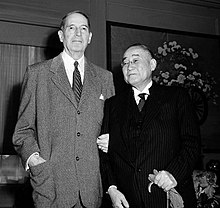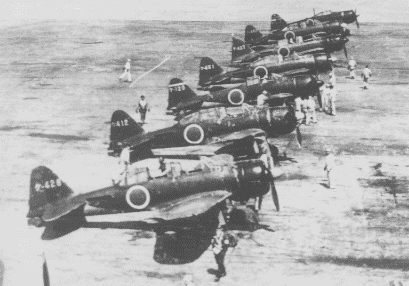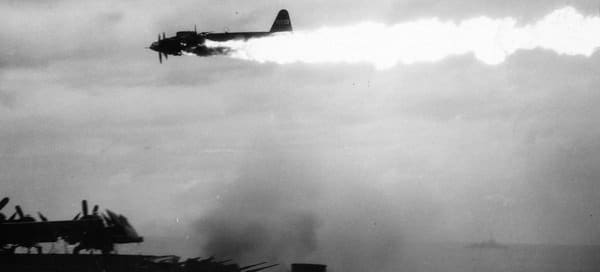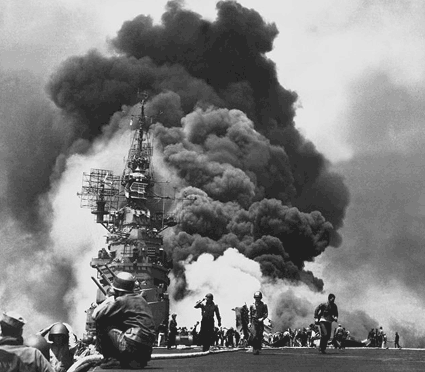To Summer Fireworks Event around Tokyo
The 1972 Election for Japanese PM
I was walking in a city, wishing for a sign God would benevolently give.
Then I saw a car with the license plate number 11-11. So, I found what to write here.
The most famous past prime minister of Japan seems to be Kakuei Tanaka (1918-1993). Tanaka was elected as PM in 1972 and forced to resign in 1974 for some money scandals and the like. However, it was Tanaka who realized the normalization of diplomatic relations between Japan and China after WWII. After President Nixon visited Beijing in February in 1972, PM Tanaka flew to China in September 1972 to meet Chairman Mao Tse-tung and Chinese PM Chou En-lai.
It is interesting that in their meeting in Beijing, Tanaka took on a subject of the Senkaku Islands. But Chou said, "I don't want to discuss it. As crude oil was found in the East China Sea, even Taiwan claimed sovereignty over the Senkaku Islands." Tanaka did not request further discussions on this territorial issue, though Japan is confident that the international community, including the US, admits Japan's claim.
After leaving the prime minister office, Tanaka faced a personal crisis: the Lockheed Scandal.
Later, Lockheed hired right-wing nationalist underworld figure Yoshio Kodama as a consultant in order to influence Japanese parastatal airlines, including All Nippon Airways (ANA), to buy the Lockheed L-1011 TriStar instead of the McDonnell Douglas DC-10. On February 6, 1976, the vice-chairman of Lockheed told the Senate subcommittee that Lockheed had paid approximately $3 million in bribes to the office of Japanese Prime Minister Kakuei Tanaka for aid in the matter.
Lockheed paid ¥2.4 billion to earn the contract from ANA. ¥500 million of the total was received by the Prime Minister. ¥160 million was received by ANA's officials. ¥1.7 billion was received by Kodama.[11] On October 30, 1972, ANA announced its decision to purchase 21 Lockheed L1011 Tristars, which cost approximately $5 million each, even though it had previously announced options to purchase the DC-10.[12]
In March 1976, in a protest at the scandal, actor Mitsuyasu Maeno made a suicide attack on Kodama's Tokyo home by crashing a light aircraft onto it.
Tanaka was arrested on July 27, 1976 and was released in August on a ¥200 million ($690,000) bond. He was found guilty by a Tokyo court on October 12, 1983 for violations of foreign exchange control laws but not on bribery. He was sentenced to four years in prison, but remained free on appeal until his death of a stroke in 1984.
https://en.wikipedia.org/wiki/Lockheed_bribery_scandals#Japan
Tanaka was arrested to be the only prime minister of Japan against whom criminal charges have been ever filed for his conduct during the term of premiership. Tanaka was adjudicated guilty in the first instance, but he appealed the conviction. And, the litigation was finally brought to the Supreme Court of Japan. But before the case was ruled definitely, Tanaka died in 1993.
However, Tanaka continued to lead the strongest and largest faction in the ruling Liberal Democratic Party even after he was indicted to become the accused. He lost his political influence only when he fell in cerebral infarction in 1985.
Kakuei Tanaka was and is still so popular among the Japanese but not because he claimed that he was victimized by US CIA but rather because Tanaka was a self-made man without graduating from an elite university and working in government as an elite official. Tanaka was the prime minister of Japan whose official educational history stopped at an elementary school, though he learnt in a private vocational school in Tokyo to become a first-class architect. And, there have been no such prime ministers of Japan after WWII.
Tanaka was born poor in a village of Niigata Prefecture on the Sea of Japan. When he was a teenager, he came to Tokyo to work and learn. He started his professional life as a residential worker of a small company. However, his efforts and talent allowed him to succeed in business to be a president of a medium-size construction company in Tokyo during WWII. Only this successful story of a young man coming to Tokyo from a local village without academic qualifications or noble lineage before the end of WWII can be a great episode. But, Kakueia Tanaka was a very ambitious and smart guy.
After WWII, Tanaka started to seek a political career to run for a national election in 1946. But he failed to be elected. Nonetheless, he learnt a lesson to succeed in the election next year to be a Diet lawmaker when he was 29 years old. His voting district was a heavy snowfall area without big industry. Voters expected young and energetic Tanaka to contribute to economic development of their communities. And Kakuei Tanaka promoted public works in the area by acquiring budgets from the central government. His electoral power base was firmly consolidated. The local economy was improved, but Tanaka also became rich.
For example, Kakuei Tanaka became a president of a local railway company that could benefit from public works he arranged as a member of the parliament or a minister-class official in the government. It is even said that Tanaka got some big money by acting as an intermediate when a utility company purchased a land to build a nuclear power plant in Niigata Prefecture where his constituency was situated.
As time went by, Tanaka became an influential politician. He belonged to a faction led by Prime Minister Eisaku Sato who assumed office of prime minister between 1964 and 1972. As a matter of fact, Kakuei Tanaka became the next PM after Sato, but the process was not so simple.
Eisaku Sato, from an established family, had been an elite official of the Imperial Government. He continued to shape his career after WWII till he became a Diet member. So, Sato liked another ex-elite bureaucrat lawmaker Takeo Fukuda to succeed him as PM. Sato even told Tanaka to wait for another chance to allow Fukuda to become prime minister after Sato. However, lawmakers who had been financially helped and supported by Tanaka requested him to run for the election for the president of the ruling Liberal Democratic Party, though Tanaka was relatively young for the prime minister. In addition, the general public also wanted a self-made prime minister as most of prime ministers after WWII were ex-elite officials of the central government.
The competition was so much heated. Big money was handed to almost every lawmaker of the Party. (At the time, namely 40 years ago, there were no such effective laws and regulations to regulate political funds as those observed in Japan today.) And finally Tanaka was elected as the president of the Party and then as prime minister of Japan in 1972.
However, Tanaka alone could not finance the intra-party election campaign that lasted for months. Tanaka reportedly distributed about 10 billion yen (probably $300 million for present value) in total to lawmakers of the Party who had voting rights as well as influential people in the Media and so on. But how could Tanaka collect the huge amount of money?
It is said that Tanaka had a very intimate friend who had become a billionaire after WWII. The man named Kenji Osano (1917-1986) was also a self-made man.
Osano first succeeded as a transport service provider for the Imperial Army. After WWII, Osano became further rich by supplying transportation services for US military forces stationed in Japan. When Tanaka became a candidate for next PM, Osano was already a very successful businessman, managing bus companies, hotels (including those in Hawaii), and many real estates. Osano even bought up stocks of a certain air carrier. His personnel association and connection even covered leaders of major gangster syndicates and right-wing political fixers such as Yoshio Kodama. Before Osano died in 1986, he successfully became chairman of the Imperial Hotel.
Osano himself once said that he had spent 15 billion yen or so to make Tanaka the prime minister of Japan. Some author wrote a book to claim that Osano provided 6 billion yen for Tanaka during the LDP presidential election in 1972. Of course, Osano must have been helped in return by influential lawmaker Tanaka in many times as he and his companies were sometimes investigated by the police for dubious business activities.
Tanaka reportedly said that democracy depended on a number of voters, and a number of voters depended on money; thus democracy depended on money. Indeed, Kenji Osano bought Kakuei Tanaka the Japanese premiership in 1972, though it seems to be the only case, as widely believed, that big money supplied by one individual really counted in the election directly linked to selection of the prime minister of Japan.
By the way, the car with the license plate number of 11-11 today I encountered had also a description of its registration location on the plate. The location belonged to an area associated with Osano's home town.
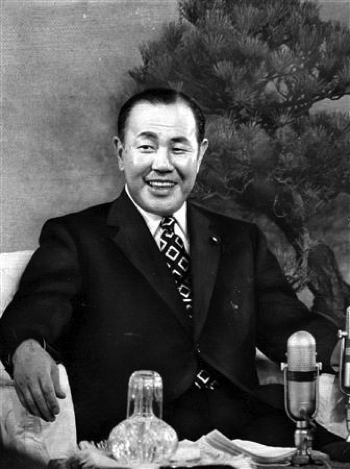
Kakuei Tanaka
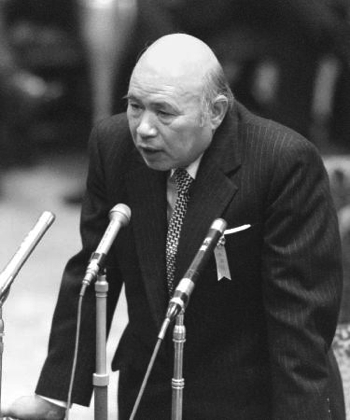
Kenji Osano
http://co-smart.net/?p=5430
**** **** ****
Mar 8:10 And straightway he entered into a ship with his disciples, and came into the parts of Dalmanutha.
Mar 8:11 And the Pharisees came forth, and began to question with him, seeking of him a sign from heaven, tempting him.
Mar 8:12 And he sighed deeply in his spirit, and saith, Why doth this generation seek after a sign? verily I say unto you, There shall no sign be given unto this generation.






